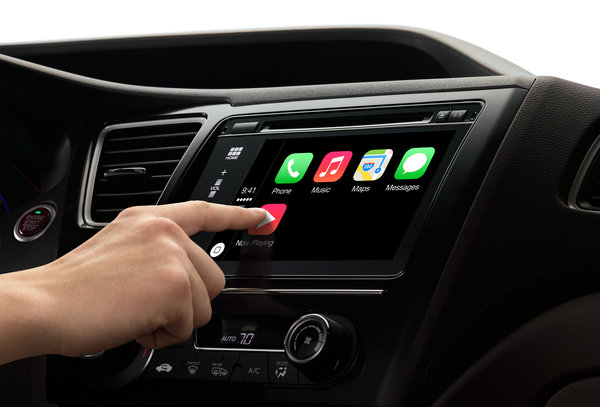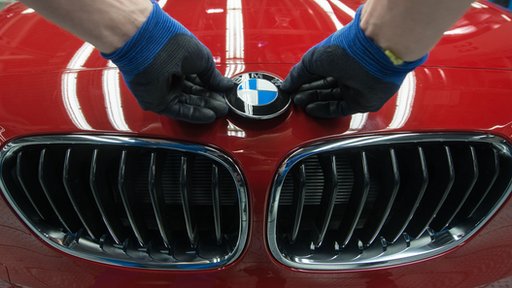Read original story on: New York Times
Toyota caused a stir in the connected car market when the company was quoted by the NY Times as saying that it currently has “no plans” to offer either Android Auto or Apple CarPlay in its new models, despite being listed by Apple as an official CarPlay partner.
As more and more traditional OEM in-car equipment, such as GPS systems and CD players, are rapidly being replaced by newer, mobile-based substitutes, car buyers will understandably expect some compatibility with their mobile devices. Going against consumer behavior is not the best move for car manufacturers, especially when most seem to lack the technological expertise to develop an integrated and user-friendly in-car OS.





